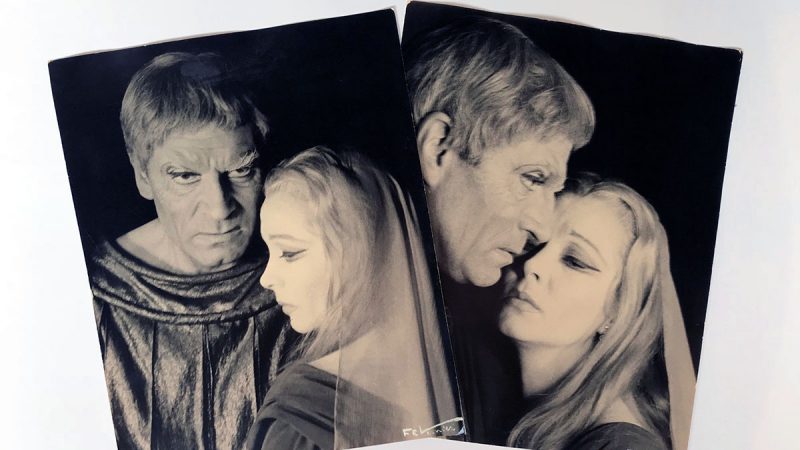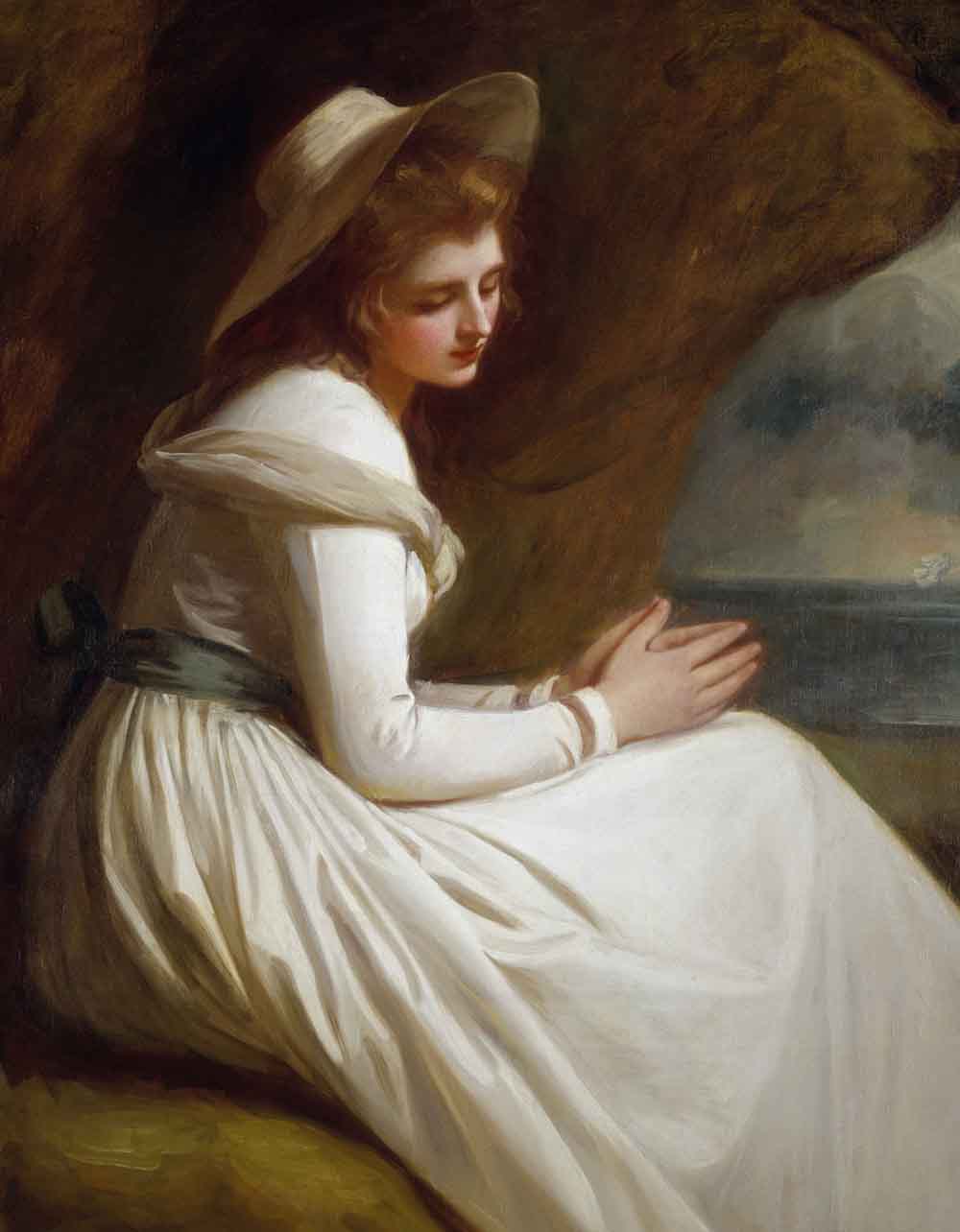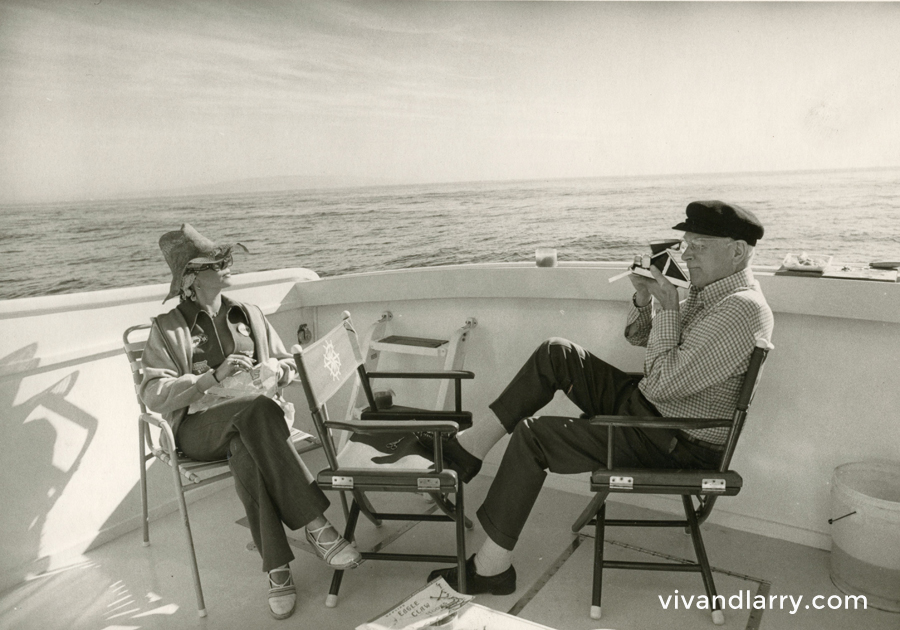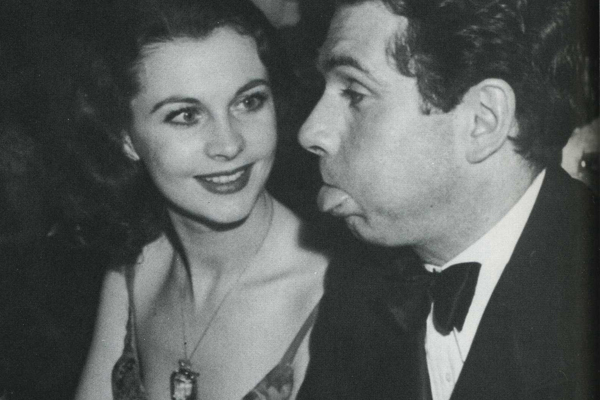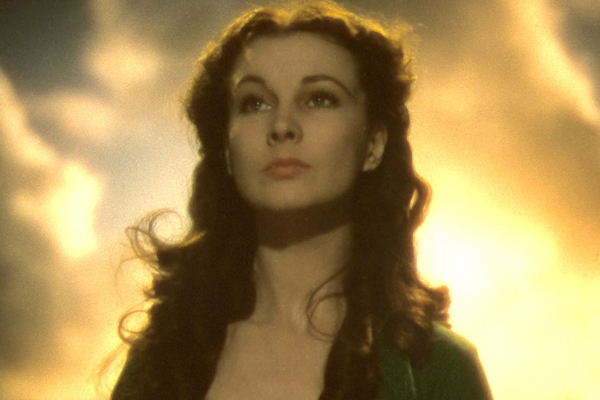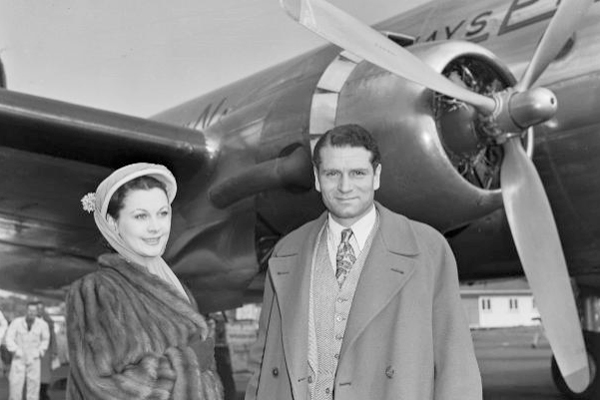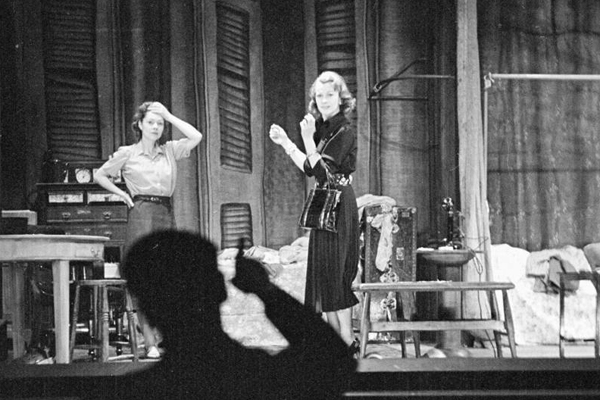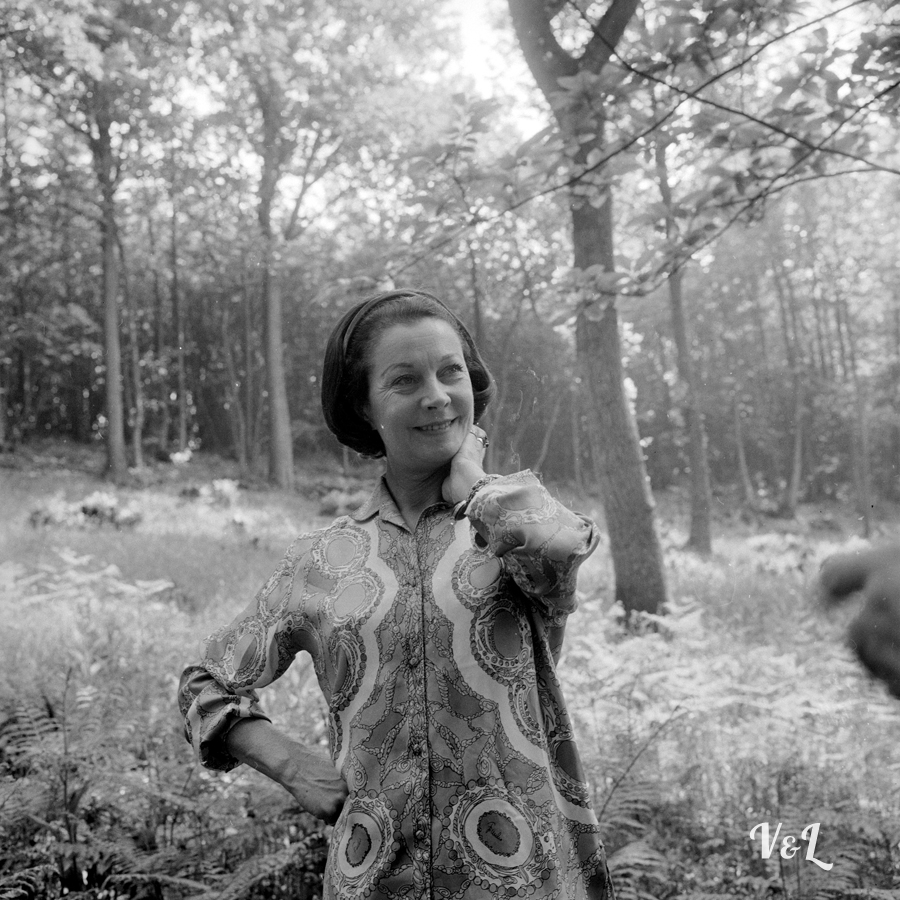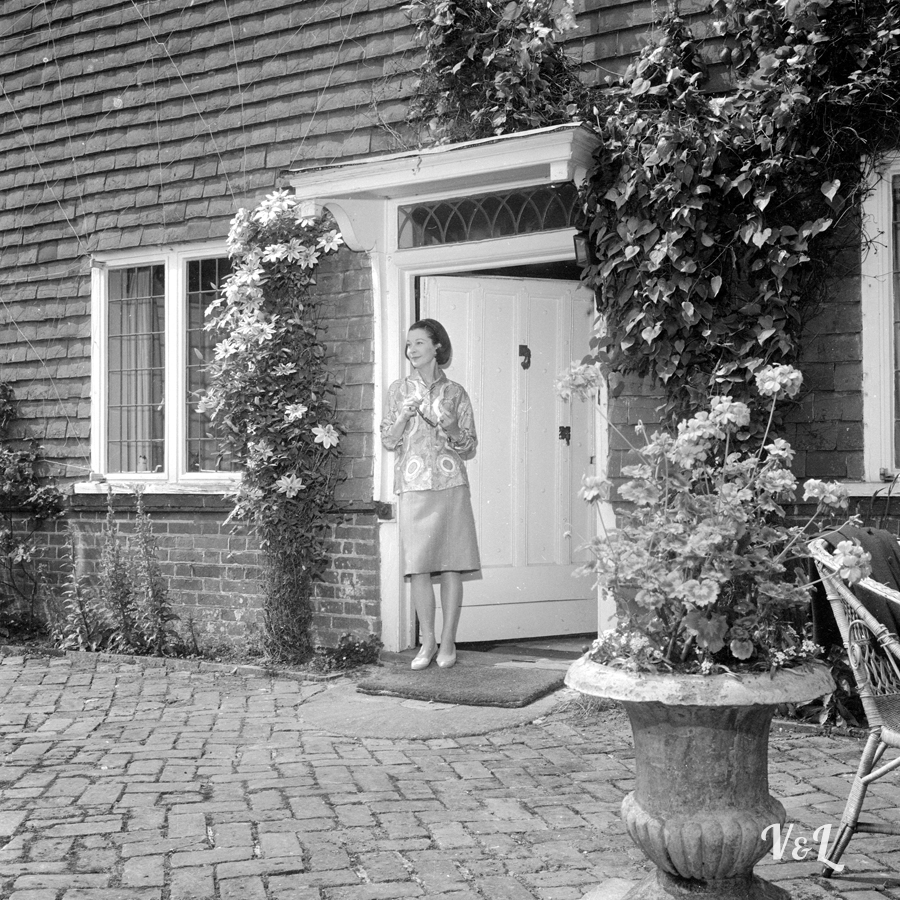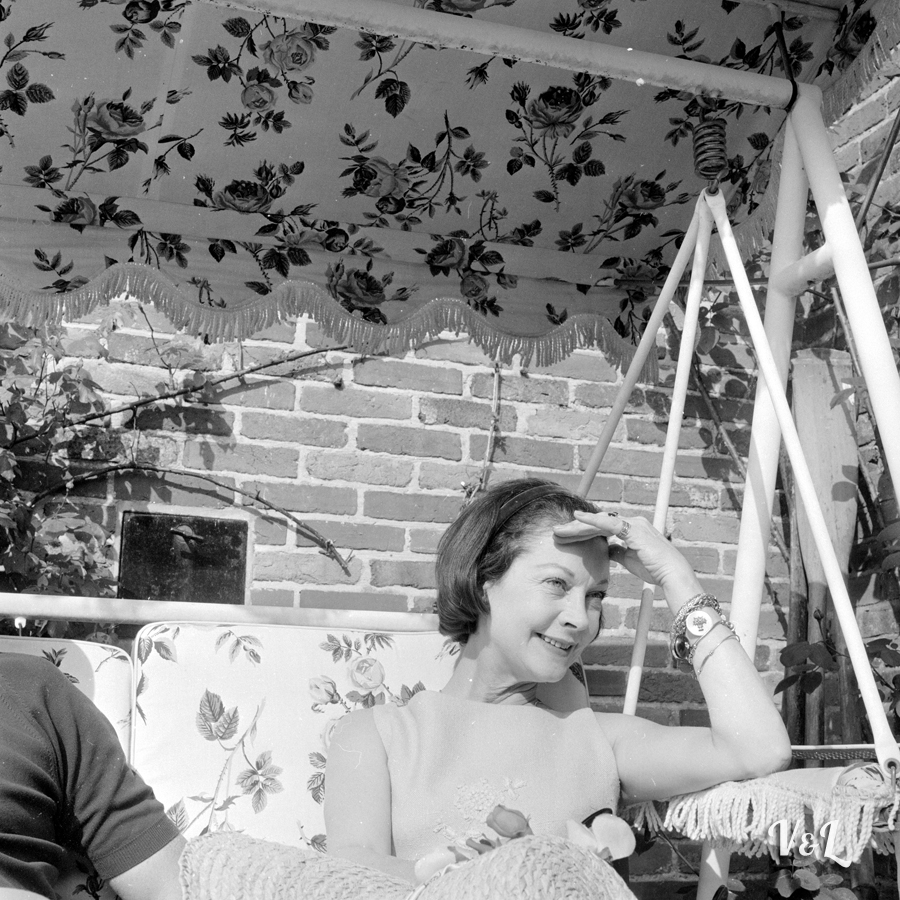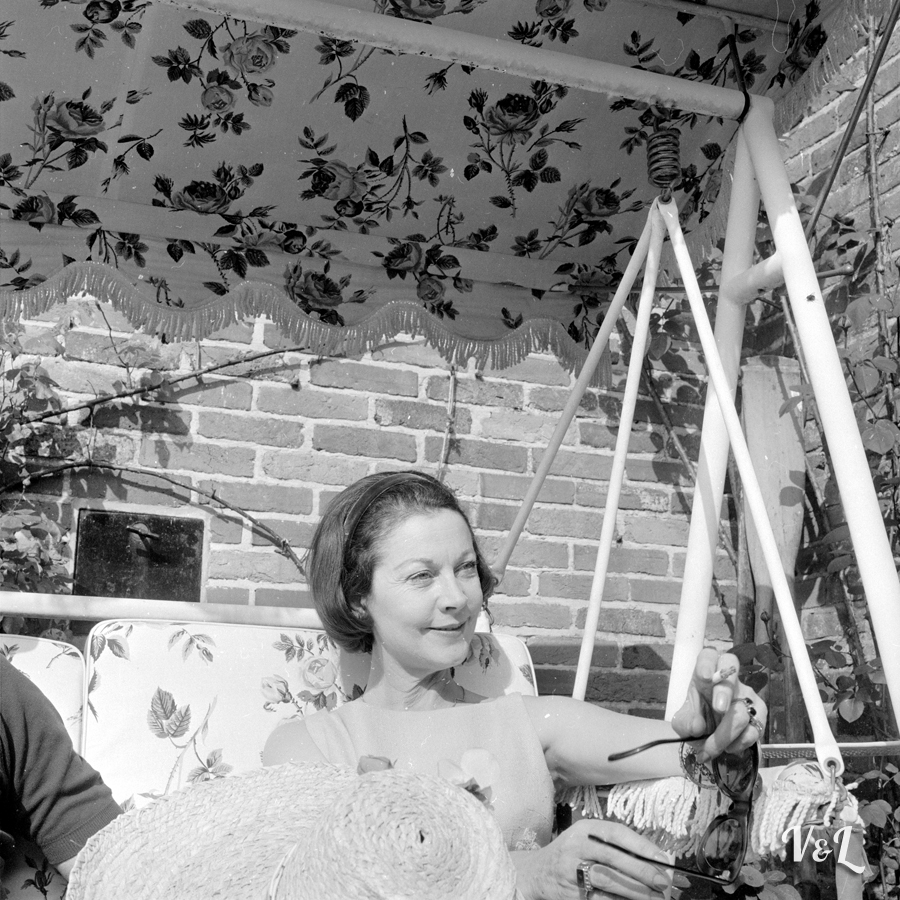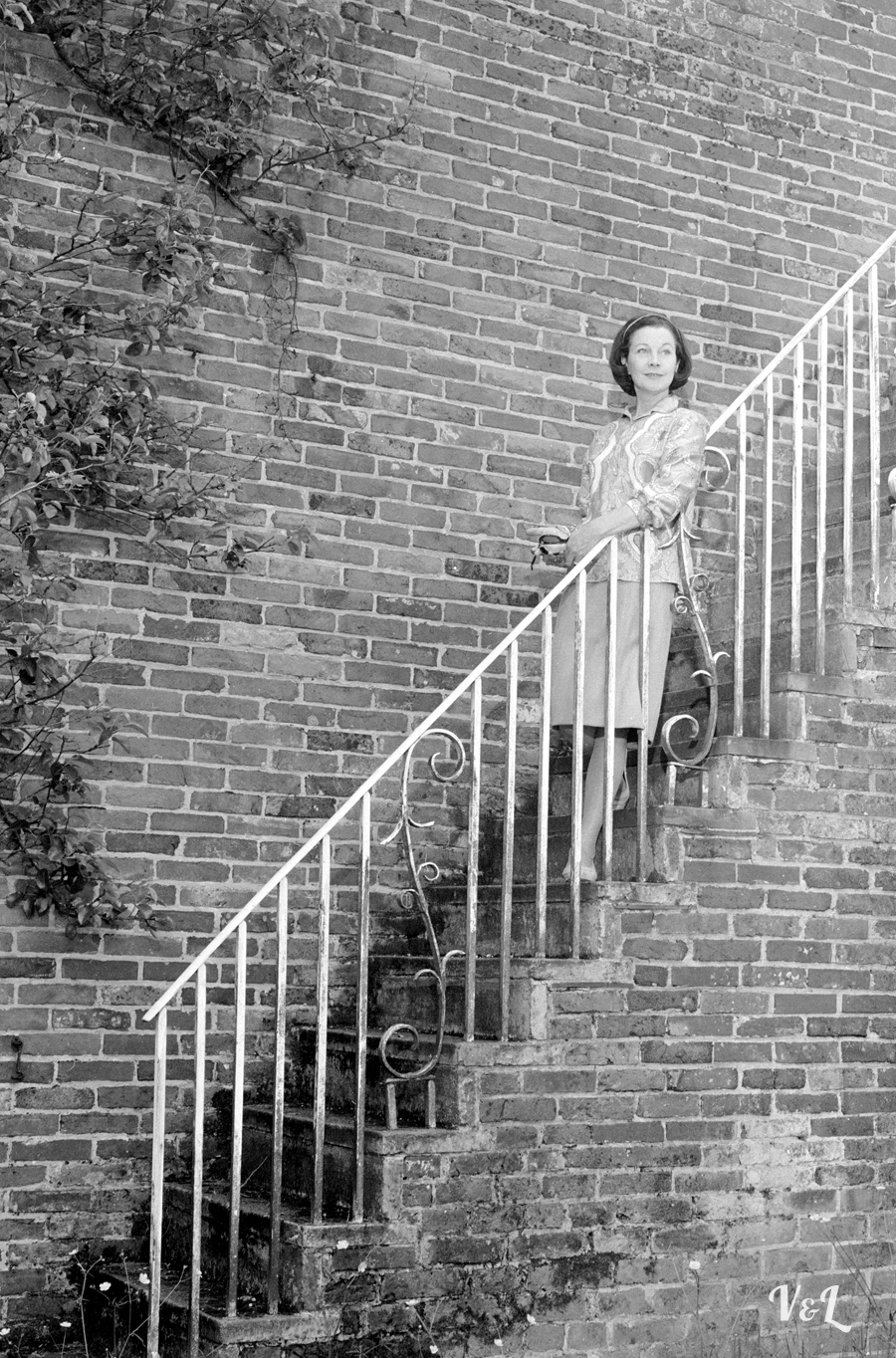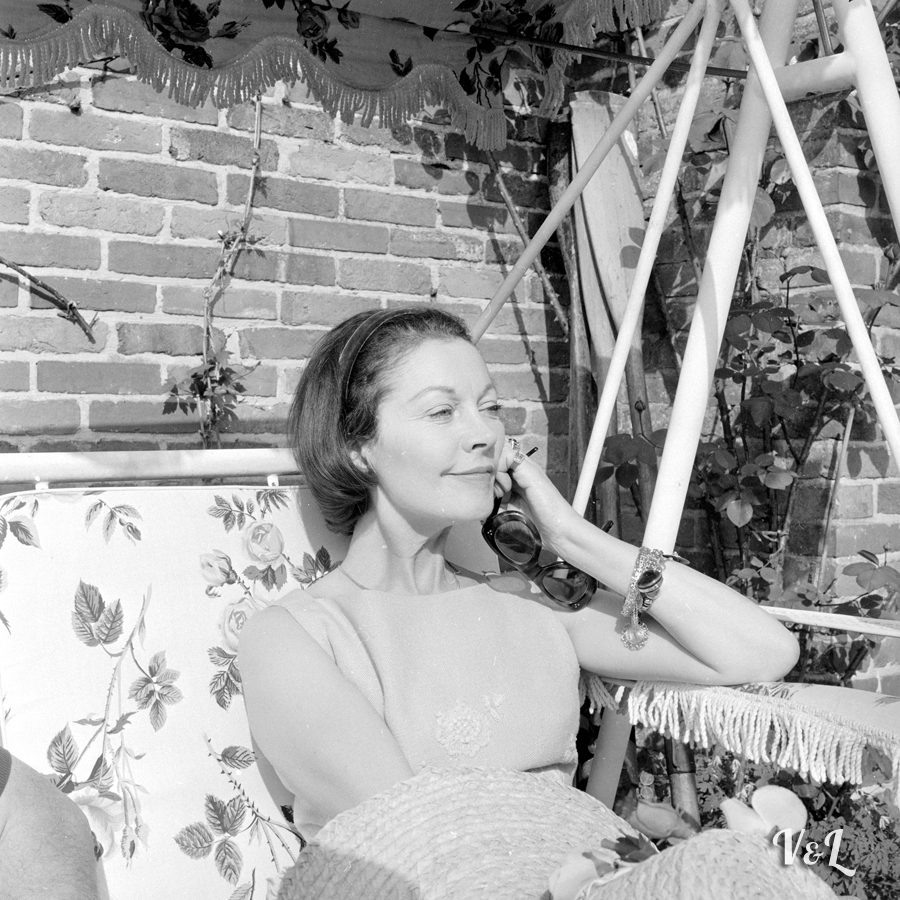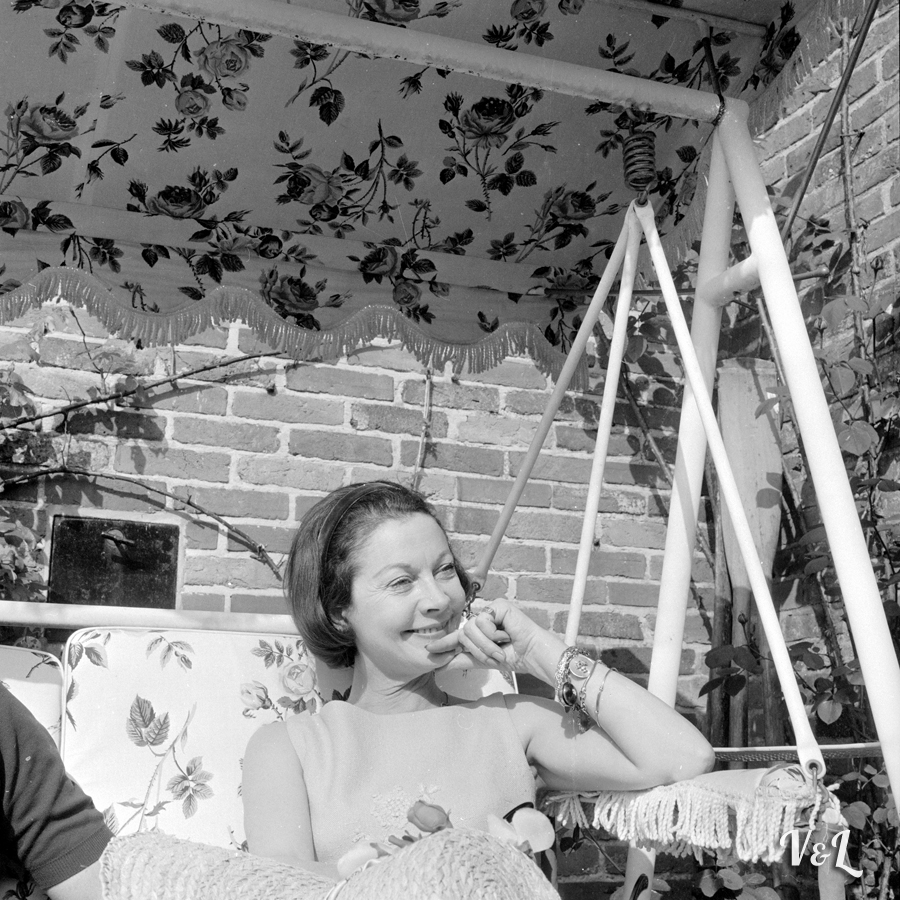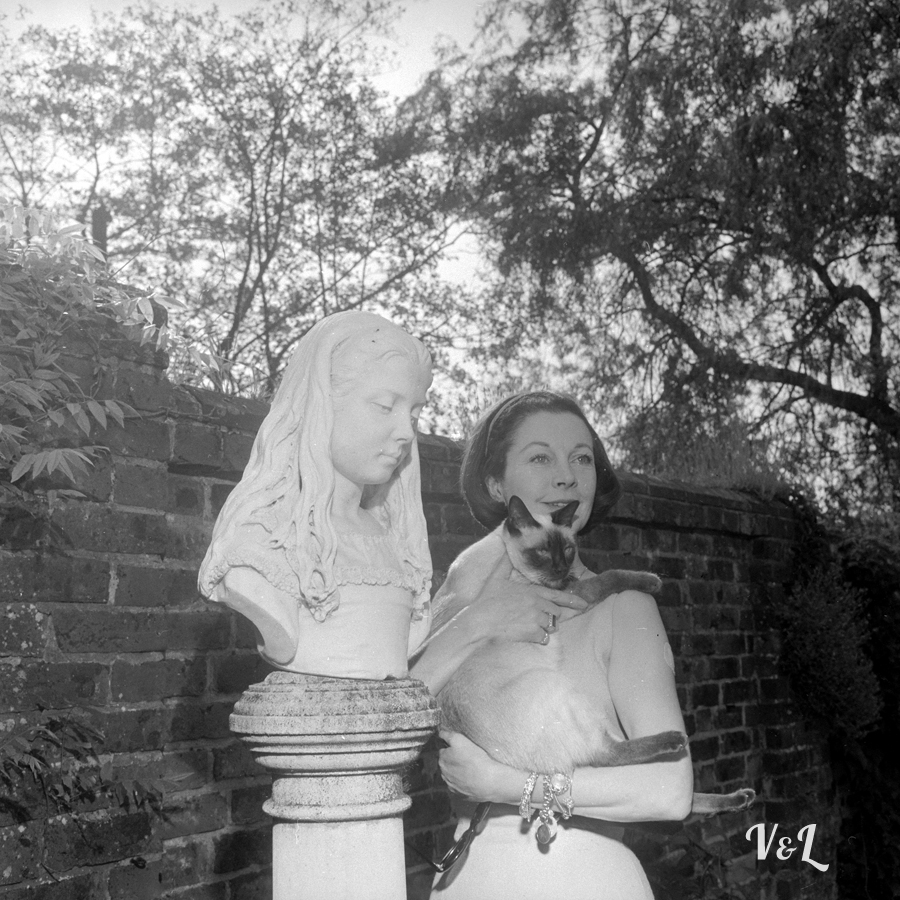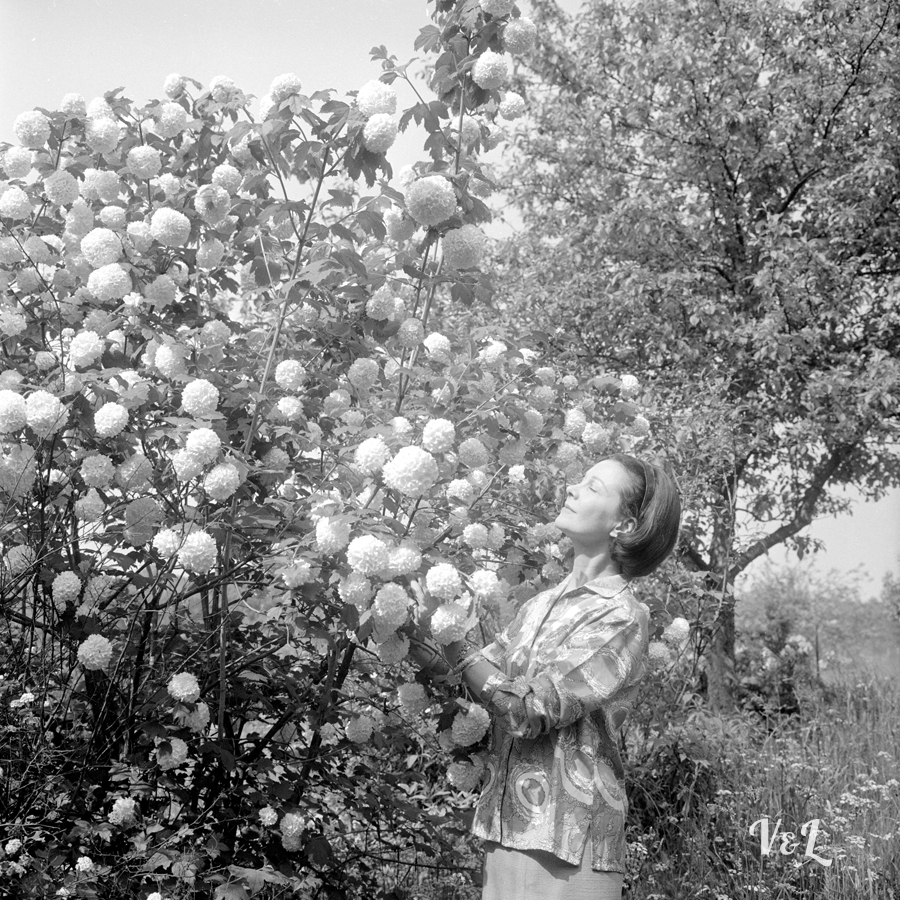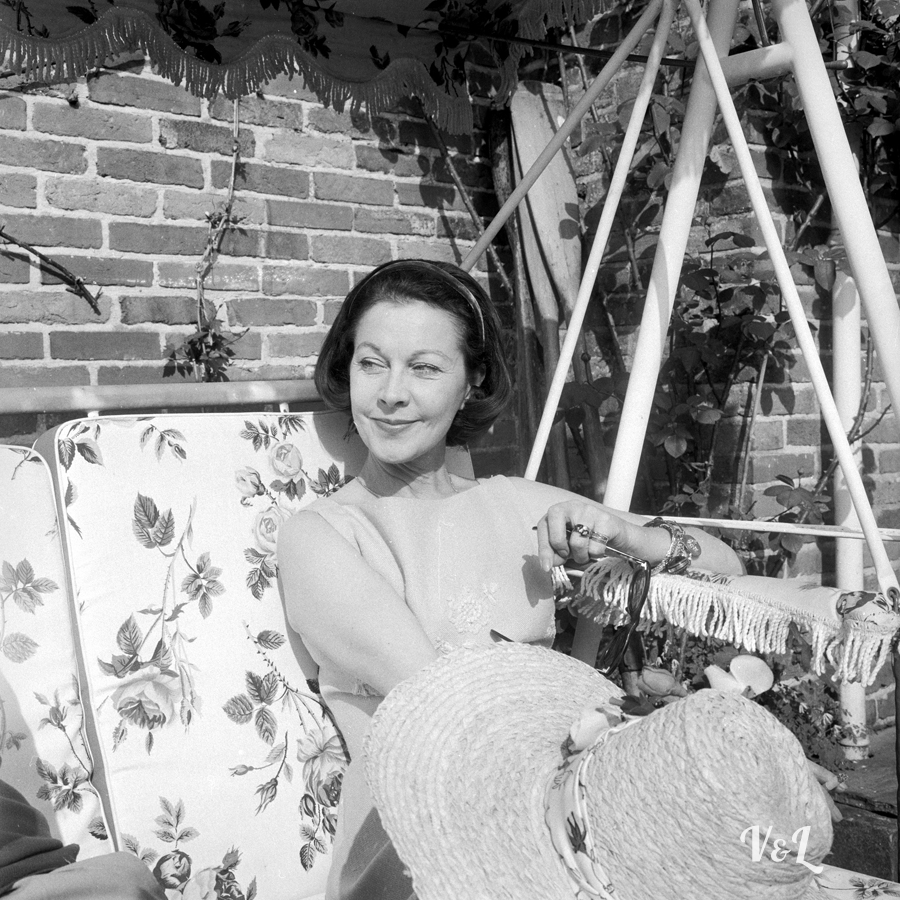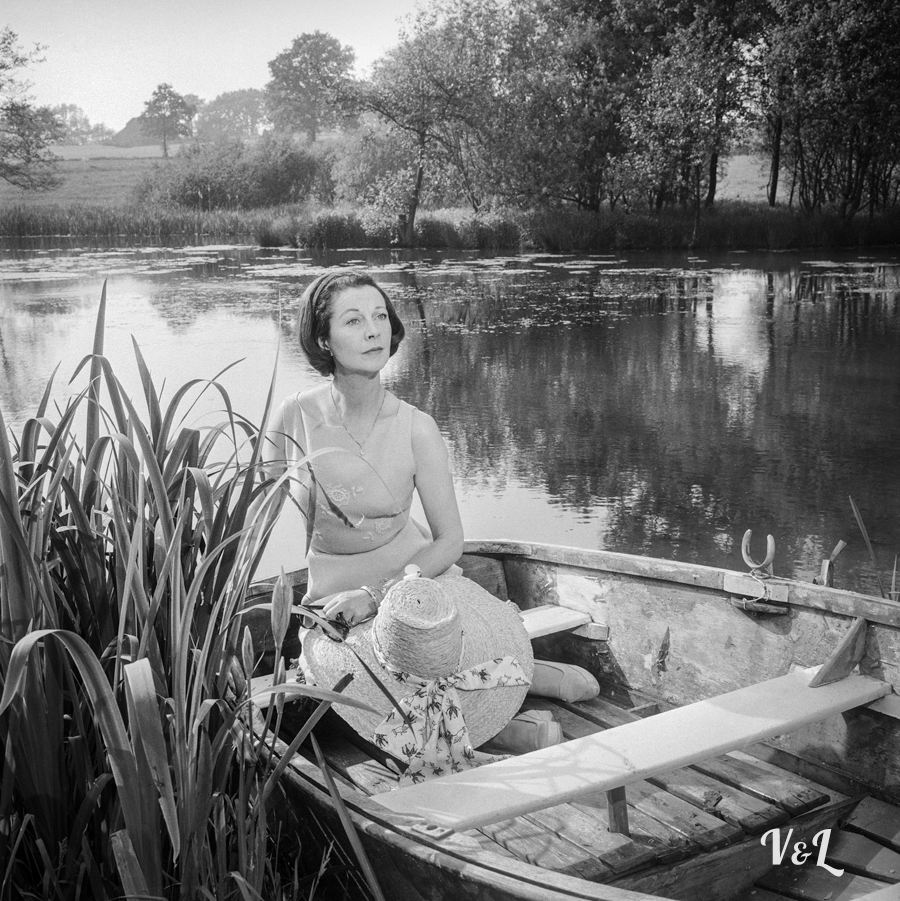collecta-belle featured the oliviers
Category: featured
The Extraordinary Emma Hamilton
Few 18th century women other than royalty have managed to capture the public imagination quite like Emma Hamilton. Hers is a true rags-to-riches-to-rags story made popular through the media of her time and revived every so often through books about Horatio Nelson and, more recently, serious biographic studies of her own person. There have also been films, the most notable of which was Alexander Korda’s That Hamilton Woman (1941) starring our own Vivien Leigh.
Emy Lyon (also called Emily, Amy, and later Emma Hart before she became Emma Hamilton) was born into poverty in Cheshire on April 26, 1765. Little is known about her life as a child, but we do know that socioeconomic prospects for females of Emma’s station were very slim. In order to improve those prospects, Emma and her mother moved to London in 1778. They settled in Covent Garden, a central hub of art and theatre – but also an area of paupers and prostitutes. Emma found employment as a domestic servant first for physician Richard Budd and then for the household of composer Thomas Linley. It was during her time with the Linleys that Emma likely first developed skills as a performer of the “attitudes” that would make her famous.
featured laurence olivier photography
On a boat with Natalie Wood and Laurence Olivier
You may not know this, but Laurence Olivier adored Natalie Wood. They worked together in 1976 on a TV version of Cat on a Hot Tin Roof, in which she starred as Maggie, with her then-husband Robert Wagner as Brick and Olivier as Big Daddy. In those later years when he was in Hollywood, Larry spent quite a bit of time with Natalie and Robert, who were both in awe of him. Larry and Natalie talked of acting and life and a certain person, undoubtedly. As Wagner wrote in his autobiography, Pieces of My Heart,
Natalie was passionate on the subject of Vivien Leigh, her favorite actress, and the movies she would watch over and over again were Gone With the Wind and, particularly, A Streetcar Named Desire. God, she loved that movie, and she loved all of Tennessee Williams – his particular poetic take on damaged souls.
In her book Natasha: The Biography of Natalie Wood, biographer Suzanne Finstad elaborates on the relationship between Larry and Natalie:
[Natalie] compared acting with Olivier to starring with James Dean, describing them both as “fluid.”
Olivier was “insane about Natalie,” according to their costar Maureen Stapleton. Olivier, ironically, was in awe of Natalie’s beauty, the very thing Vivien Leigh, her idol and his ex-wife, worried overshadowed her reputation as a serious actress.
Larry was often invited on sailing excursions aboard the Wagner’s yacht, the Splendour, where the above photograph was taken. There are so many things I love about this picture: Natalie’s hat, her Espadrilles, her whole boho ensemble, Larry trying to capture her with his Polaroid, what appears to be Catalina in the background, the fact that they’re just sitting there. Together. On a boat. No big deal. The Wagners accompanied Larry to the Century City premiere of the film A Little Romance in 1979, so it is likely the photo was snapped around that time.
featured guest post the oliviers
Loving Vivien Leigh and Laurence Olivier – A Fan’s Perspective
Today’s post is brought to you by my friend Irina N., a long-time fan of the Oliviers and at one time administrated a fan site called Vivien Leigh: A Lass Unparalleled – sadly no longer online :(. Here she talks about what continues to drive her interest in Vivien and Laurence Olivier.
*****
As with many other fans, my interest in Vivien Leigh and Laurence Olivier started when I first saw Gone With The Wind. I was 12 and had read the book first and was spellbound by the story and the character of Scarlett. I could not wait to see the movie, but I was also hesitant for fear of being disappointed. One night, my mom who had seen and already loved the movie rented the VHS. We started in the evening and watched it all the way through and well into the night! I was certainly not disappointed. No performance, before or since, has made such a huge impression on me as that of Vivien Leigh as Scarlett O’Hara. Of course, I also thought she was the most beautiful actress ever. I really think that had it not been for her performance, GWTW would not have become the phenomenon that it did. I didn’t find either Clark Gable or Leslie Howard or Olivia de Havilland particularly good matches for the descriptions I remembered from the book (even though I really like these actors in other movies). I pictured Rhett a little differently and Ashley, of course, handsomer and younger. Olivia de Havilland seemed too pretty and lively for Melanie.
But all of these reservations were completely swept away by the force and authenticity of Vivien Leigh’s Scarlett. She makes the movie. She is the one responsible for its enduring success and the classic it’s become. A young British newcomer, whose talent has carried the most celebrated movie though decades, whose performance in one of the most beloved and coveted roles stands the test of time without ever looking dated or unbelievable for even a second. That’s the definition of a classic performance and that’s what Vivien Leigh’s work is: classic. Her Scarlett alone is an achievement that diminishes heaps of performances by other actors. But it was just an early, albeit huge success in Vivien Leigh’s incredible career of quality rather than quantity.
Being primarily a British stage actress and having made only 19 films, eight of them after GWTW, Vivien nevertheless won two Oscars and secured a place among the very few true Hollywood legends. That is a pretty impressive success rate. Her Scarlett and Blanche DuBois are often called the greatest performances by any actress ever captured on film. There’s a phrase – “to capture one’s imagination.” This is what Vivien Leigh did to me, first through her work and then through her incredible life, which I learned about as my interest in this great actress developed.
To learn about Vivien is to be transported into London’s theatre life of the 1930s through 1960s and to be widely exposed to the history of theatre and its participants. Of course, one of the major players in British theatre as well as in Vivien Leigh’s personal life was Laurence Olivier. I find it fascinating to read about their professional partnership and especially about their genuine dedication to theatre. Their personal love story is a separate subject all on its own, in my opinion having more in common with great fictional romances like those in GWTW and Wuthering Heights than with any real-life relationship that I personally ever heard of.
Perhaps it is inevitable that all too often, Vivien Leigh’s life and achievements are framed in terms of her marriage to Laurence Olivier. There’s no doubt he was a major influence on her growth as an actress. But I’m convinced she would’ve achieved the same great success if he had no part in her life. In her early films, which had nothing to do with Olivier she gives very lively and convincing performances. She played Scarlett when she was only 25 and all credit for that is certainly hers alone. Laurence Olivier himself considered her to be very talented and got very upset when critics couldn’t get past her beauty. Alas, the British stage was often an uphill battle for Vivien Leigh, where she fought against the critics’ prejudices that she was better suited to be a beautiful Hollywood movie star than a serious English actress. I for one prefer to judge her on her merit and not on her looks. And her accomplishments on the stage were stellar if you choose to trust the words of people like Laurence Olivier, John Gielgud, Richard Burton or Orson Welles. Many have said that her Lady Macbeth and Cleopatra were among the finest they’ve ever seen. We are fortunate to have a glimpse of her Sabina, and thus can gauge two of her stage performances – Sabina and Blanche albeit captured in later productions. They’re but a small example of the versatility she displayed throughout her career as she played Shaw, Wilder, Williams, Shakespeare and finally Chekhov.
At the end of her life, despite devastating personal setbacks, frail health and an age when most actresses’ careers do indeed decline, she found enough personal strength and professional expertise to lead Old Vic tours all over the world, act in films and win a Tony in a musical. Surely, beauty alone could not have sustained such a consistent, quality-driven career, made all the more extraordinary by her circumstances. This is what amazes me about Vivien Leigh and why I have such great respect for her – this ability to get up and go about her life and work, with the same unwavering commitment to being an actress, nothing less and nothing more. She never rested on her laurels or took short cuts. It would’ve been very easy for her to settle for a comfy life as a Hollywood superstar. She instead chose to come back to war-time England and get back to her first love, which was the theatre. I believe that decision was hers just as much as it was Olivier’s.
What I think she may have perhaps taken from Olivier, is being a grounded and practical professional. It is revealing to read Olivier’s letter to Tennessee Williams in Terry Coleman’s book, where he sounds more like a detail-oriented engineer than an “inspired artist”. His approach was sensible and crafty, always centering on the audience, not some vague “self-expression”. To me, this just shows how well he knew what he was doing. I saw the Three Sisters recently, which he directed after his National Theatre production, and the whole flow of the movie and of course the acting of the ensemble are outstanding, just as you’d expect from a British theatre company. It is people like Laurence Olivier, with their technique and no-nonsense approach that helped to uphold and secure the reputation of the British theatre.
Given my high regard for both Vivien Leigh and Laurence Olivier, I find it both sad and puzzling that these two great actors are largely remembered only by their dedicated fans, rather than by the public at large, unlike, say, Marilyn Monroe or Audrey Hepburn. It might’ve been somewhat understandable had Vivien Leigh been just a well-regarded stage actress. But she was a movie star and a great beauty, one of only a handful of truly naturally beautiful actresses. I’m sure part of it has to do with simple publicity and media exposure, but I think there is also the fact that Vivien Leigh herself was always after being a serious stage actress, rather than a movie star. She steered her career and her lifestyle towards that aim, never having much interest in fame and publicity. When people recognize the name Vivien Leigh, they think of her roles rather than some image derived from her personal life. Vivien’s personality disappears behind her professional achievements, and it is up to the fans to find out more about her. She’s not an icon or a persona or a symbol. She’s just an actress.
When we think of Audrey Hepburn, we think of her own personal style. When we think of Vivien Leigh, we think of Scarlett and Blanche and for those who are aware of her theatrical triumphs – her Cleopatra, Lady Macbeth, Paola, Sabina, etc. Similarly, Laurence Olivier, having been a handsome romantic Hollywood leading man, easily went between that and Shakespeare, modern and classic plays, leading and supporting roles. There’s no persona of Laurence Olivier, but there are Hamlet, Richard, Heathcliff, Hurstwood, etc. These were real and private people who simply concentrated on doing their job well. I personally find this dedication to their profession worthy of great respect and admiration and I actually cannot think of any other famous stars who always remained primarily committed to their original choice of being an actor, rather than someone famous. It is unfortunate that people of lesser talent and accomplishment are the ones that are remembered today, just because neither Vivien Leigh nor Laurence Olivier ever cared about being legends, but simply went about their work.
*****
Irina has been a fan of Vivien Leigh’s for over 20 years. She maintained a comprehensive website about VL called a “Lass Unparallel’d” in the early 2000s. This website contained one of the largest online collections of VL photos at the time, which Irina mostly scanned from different books and some other printed materials. She had to take somewhat of a break from her hobby, but is very happy to return to it now and to the vibrant community of fans that have gathered around Kendra’s FB page and vivandlarry.com.
featured photo essay vivien leigh
Summer at Tickerage Mill
Vivien Leigh’s country estate, Notley Abbey, was sold in 1960 pending her divorce from Laurence Olivier. While on the hunt for a new country retreat, her friend, the actor Dirk Bogarde, told her of a gorgeous Queen Ann-style house in the Sussex downs. It was too small for him, he said, but she might love it. Love it Vivien did, and she moved in with Jack Merivale in 1961.
Although Tickerage was very much a private space, Vivien occasionally allowed photographers into her country life. Thomas Wilkie and George Douglas were two such photographers. I profiled Douglas here last summer when it was announced that his archive had been discovered by Shan Lancaster and Guardian photographer Roger Bamber in Brighton. Since then, I’ve had the privilege to get to know Shan and follow the great work she and Roger are doing to raise George Douglas’ profile.
In a mutually beneficial effort to help spotlight Douglas’ wonderful work, and because everyone likes pretty pictures, here is the full set of Douglas’ shoot of Vivien Leigh as found (thus far) in the George Douglas Archive. (Getty Images are also licensing some of Douglas’ color photos from this shoot via the Popperfoto collection.)
“Good news of Tickerage every week, which I long to see again.” – Vivien Leigh to Radie Harris, February 6, 1962
“Tickerage Mill was just as romantic a setting as Notley, if on a smaller scale. The lake close to the house provided for her the essential ingredient of water always present, and she assured me that she was comforted by the knowledge that it was there, even when obscured by the mist of autumn, the winter fogs. There was also a miniature wood filled with carpets of anemones and bluebells that she had planted, which burgeoning in the spring might have been created for Titania [the character Vivien played in A Midsummer Night’s Dream in 1937]. Like my mother, Vivien had green fingers, and in an enviously short time, the garden, which had been sadly neglected till the arrival of the new owner, took on a blossoming look of someone who knows that she is cherished.” – Godfrey Winn, 1965
“Another beautiful album of Tickerage for Vivien! It really is stunning and she is delighted with it, as I have no doubt she has told you in the letter which Jason and I have just walked up the lane to post…All is well here I think. We have had our dramas; the Cooks, who have been with Vivien for eleven years as gardener and ‘help’, upped and left and the cottage has been empty for a month. However the replacements arrived yesterday to start work to-morrow and if they are satisfactory we shall at last be able to go to the big city for a few days and catch up on some shows. We have hardly left the place for weeks. Also the poodle ran away last week and got run over for his pains poor chap. Luckily not much damage done except that he was concussed and had amnesia. He came back yesterday from the kennels in Buxted and seems fairly all right. I say ‘fairly’ because we think he still has a touch of amnesia since he forgot himself in the kitchen before lunch in a pretty substantial way.” – Jack Merivale to Arnold Weissberger, October 10, 1965

